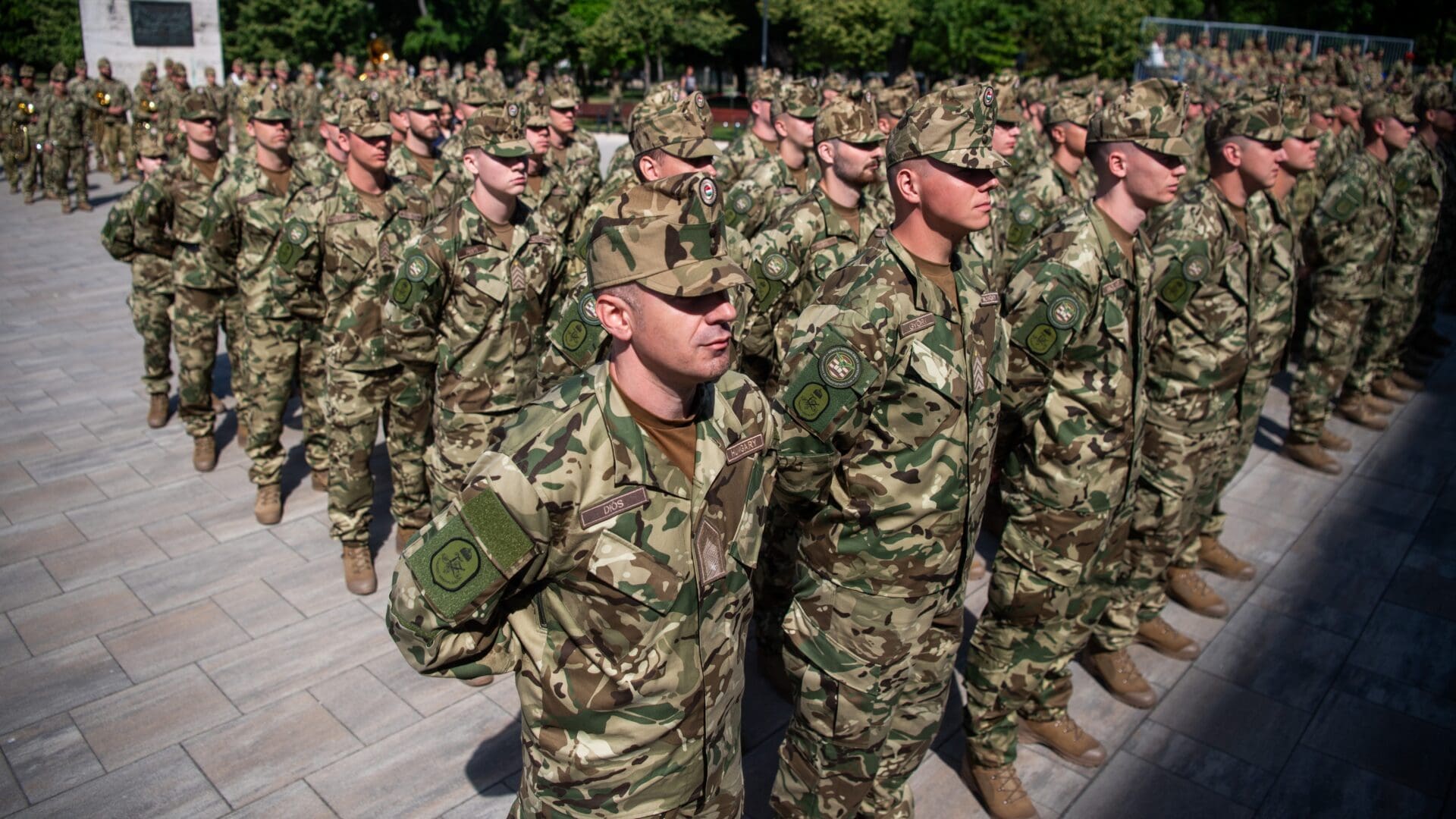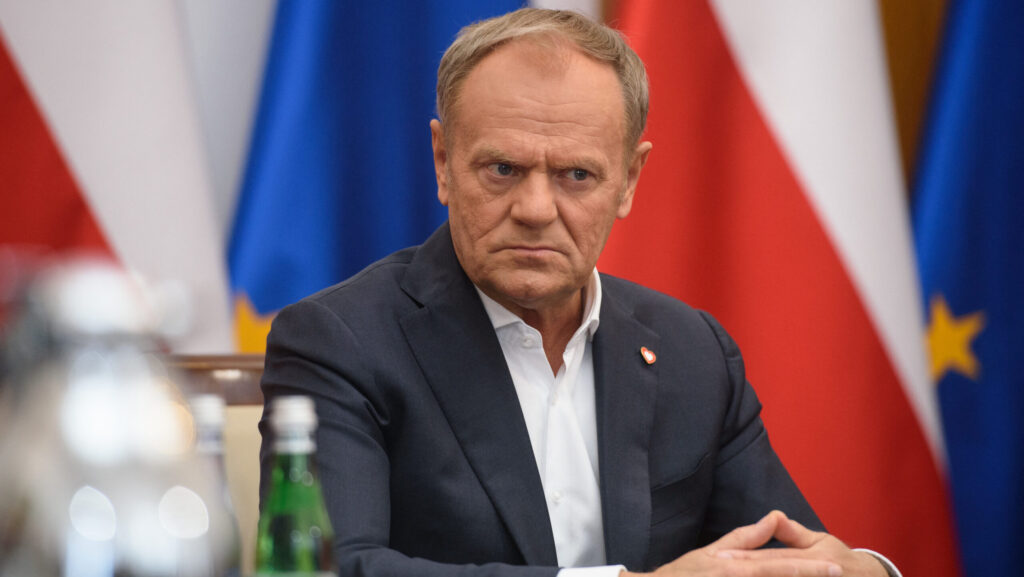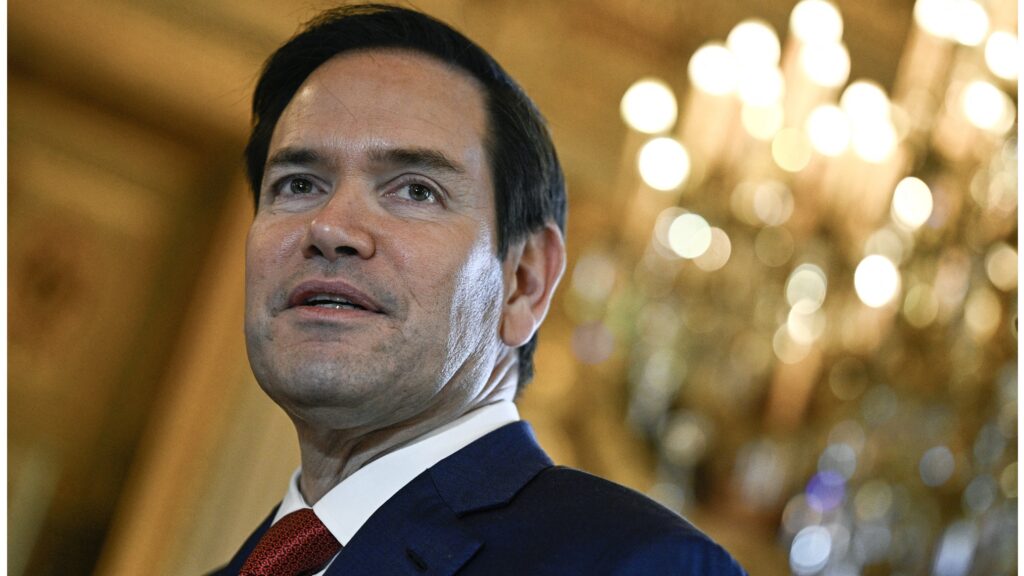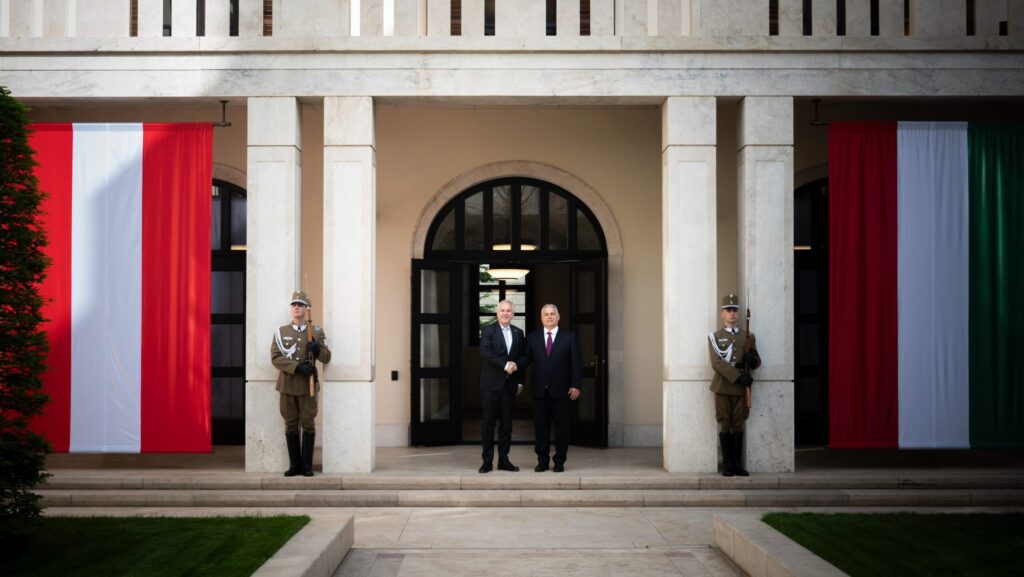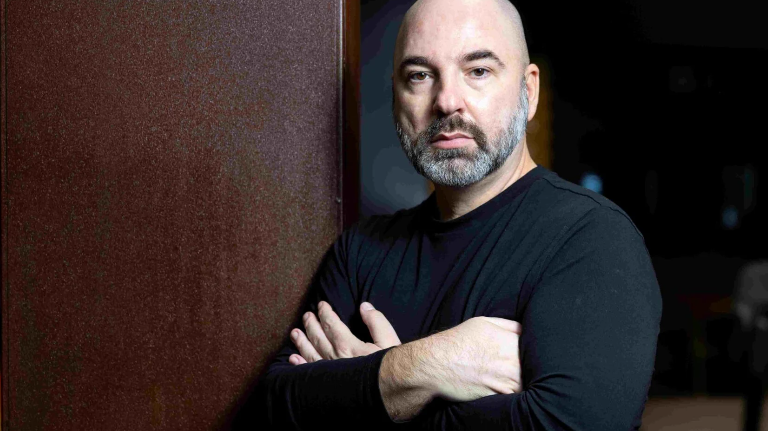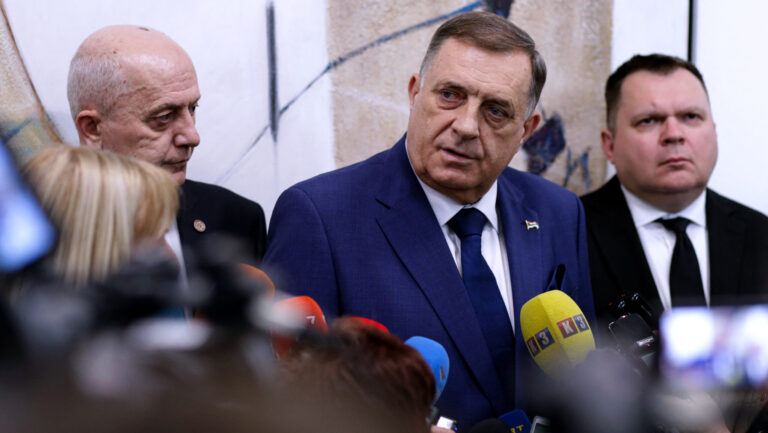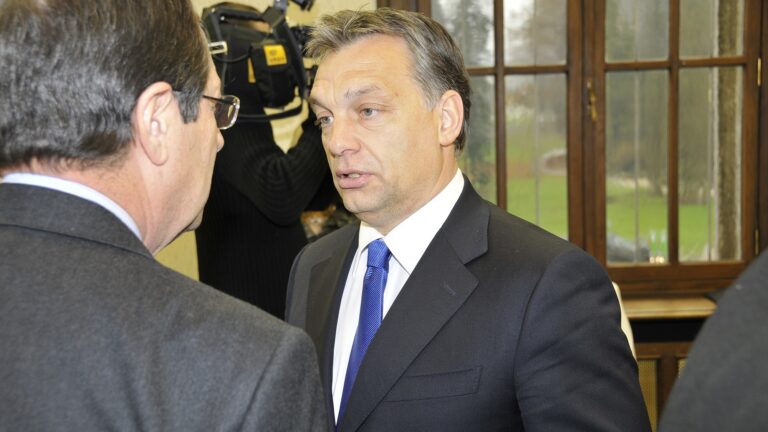‘We want peace, but we must also be prepared to defend ourselves’, said Hungary’s Defence Minister Kristóf Szalay-Bobrovniczky. In an interview, granted together with the Hungarian Chief of General Staff General Gábor Böröndi, the minister spoke about Hungarian force development, the necessity of the national forces in defending the country, and the perception of Hungary within NATO.
‘Hungary is a member of the EU and NATO, we want peace, but we must also be prepared to defend ourselves,’ said Kristóf Szalay-Bobrovniczky.
Hungary’s Defence Minister stressed that Hungary’s autonomous, truly deployable and combat-ready armed forces are key to the country’s defence, because if a member state does not have a strong military, NATO membership is not sufficient protection.
‘NATO’s strength is made up of the contributions of national forces. If other countries, and we ourselves, did not do this—which is not the case here—NATO would be nothing more than a few well-dressed generals in Brussels giving orders but no one to carry them out,’ he said, pointing out how the security provided by NATO and the security provided by a national force complement each other.
In response to a question on why Hungary is pushing for a ceasefire in the Russian-Ukrainian conflict and whether this would not perpetuate the Russian presence in Ukraine, the Minister said:
‘A ceasefire would put an immediate end to the inhuman and immoral destruction, and the conflict would return from the battlefield to the place where all armed conflicts start: the negotiating table. There, diplomats could continue and finish what has slipped through their fingers. We want peace. The terms of peace are agreed by diplomats, that’s what peace talks are for.’
The minister said that a ceasefire and peace talks are urgently needed because the parties are clearly not getting along on the battlefield, and there does not seem to be a short-term military solution to the conflict.
‘This is why the Hungarian government is urging an immediate ceasefire and peace talks’, he added.
French President Emmanuel Macron has recently spoken about the possibility of sending troops to Ukraine, while NATO is also preparing a package of additional arms transfers and training. However, Hungary’s position on this issue is clearly different. On this matter, Kristóf Szalay-Bobrovniczky noted:
‘We are in dispute with anyone who says that it is inevitable or necessary to send NATO troops, soldiers from NATO member states, to Ukraine. NATO itself has raised the possibility of coordinating arms supplies and training in the framework of some kind of military mission, with hundreds of billions of euros in advance funding. For the Hungarian Government, this proposal poses a clear problem of escalation, and we therefore contest its intentions and aims, and we cannot support it.’
‘Our position remains unchanged: we will not send weapons, ammunition or soldiers into the conflict,’ he added.
Hungary’s place and role in NATO is unquestionable, as the alliance evaluates the role of its member states according to a different set of criteria, instead of the current disputes, according to Gábor Böröndi, Chief of the General Staff of the Hungarian Defence Forces:
‘Our place in NATO is determined by three main benchmarks. The first is the amount of money we spend on defence as a share of GDP.
Hungary is at 2 per cent, which puts us in the top league in Europe.
The second is the involvement in peace operations. Hungary is one of the largest troop contributors to KFOR, which is the largest NATO land mission. And in Operation EUFOR ALTHEA, there is a Hungarian commander, General Dr László Sticz, with the support of more than 200 Hungarian soldiers, which is also a very significant participation.’
General Böröndi stressed:
‘The third point is to meet the force development goals. Hungary has received two main tasks from NATO, one is airspace control and airspace defence. NASAMS sub-units have started to arrive, we are building new types of radars, we are making good progress. The other is the deployment of a heavy brigade. Here too I can report spectacular results, the first Leopard 2A7+ tanks have arrived, the most modern tanks in Europe to meet Hungarian needs. We also have the PzH 2000 self-propelled gunship class, and the Hungarian-made Lynx combat vehicle has been introduced to the troops.’
‘From the NATO perspective, the assessment of Hungary’s military is positive, and Hungary is a respected member among NATO allies,‘ General Böröndi concluded.
On the war raging in Hungary’s neighbourhood, the Chief of General Staff said:
‘As far as the war is concerned, NATO cannot drift into war on its own, it needs a political decision. NATO military planning is about how to defend NATO member states, including Hungary. For the countries on the eastern flank, very serious, detailed and thorough military planning is being carried out, in which the Hungarian Defence Forces are also involved, in consultation with neighbouring countries. Together with NATO, we are preparing to defend every square inch of Hungary.’
Related articles:

